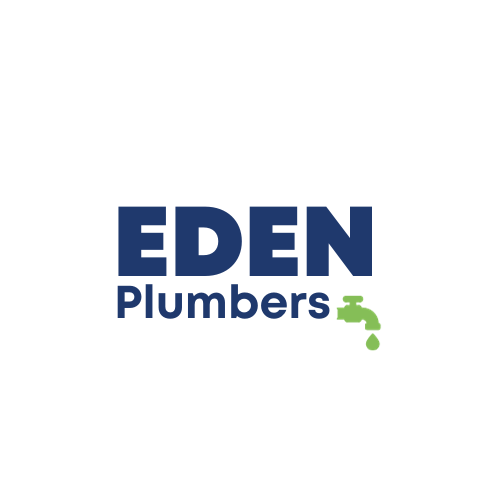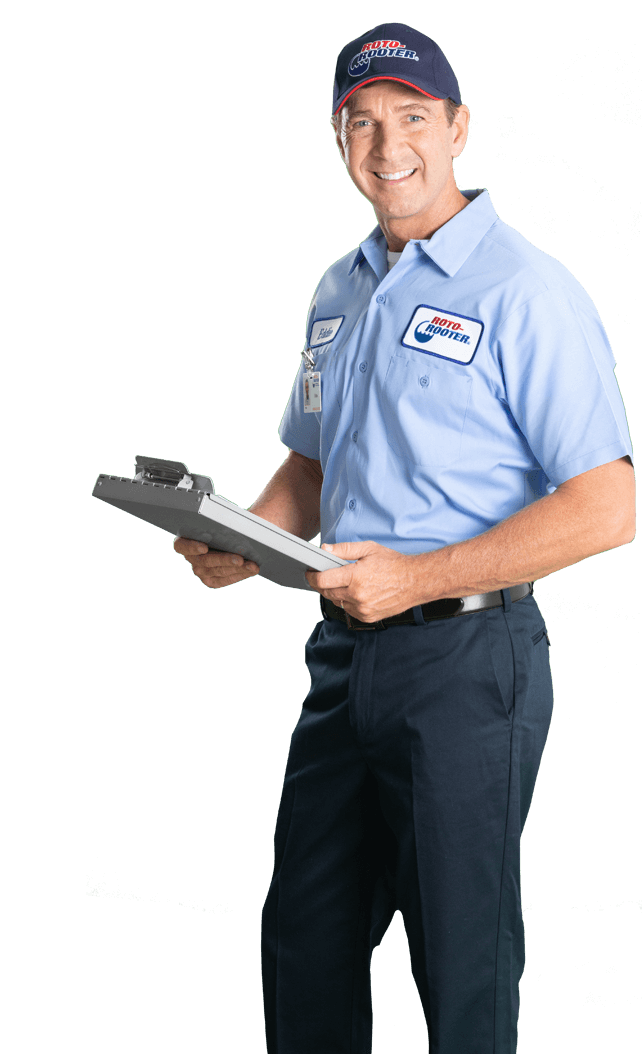Owning an older home features its fair share of unique challenges, especially when it pertains to keeping the pipes and heater. While it may be alluring to delay necessary maintenance, dealing with these problems proactively can conserve you from expensive and troublesome breakdowns down the line. From upgrading out-of-date tools to spotting surprise leakages, there are several strategies you can carry out to guarantee your home's crucial systems are running smoothly and efficiently. Discover the key actions you can require to safeguard your financial investment and take pleasure in better convenience and assurance.
Preserving your home's pipes and heating unit through routine upkeep is vital to avoiding pricey and turbulent problems down the line. Carrying out safety nets like seasonal check-ups can significantly extend the lifespan of your home's infrastructure and help you catch problems early before they escalate.
During the autumn, have a professional examine your heater, central heating boiler, and other home heating parts to verify they await the colder months ahead. This allows them to deal with any type of required maintenance or repair work before you rely on these systems.
In the springtime, concentrate on your plumbing by looking for leakages, screening water pressure, and clearing out any blockages in your drains. Tiny issues like a dripping tap or slow-moving drainpipe can worsen gradually, leading to water damages and mold if left neglected.
Staying positive with routine maintenance is the most effective means to safeguard your older home's pipes and heating. It might call for an initial financial investment, yet the long-term benefits of staying clear of major break downs and costly repairs make it well worth the effort.
For older homes, you'll likely need to face outdated pipes systems that might be susceptible to leakages, low water pressure, or even the visibility of harmful materials like lead. Upgrading these maturing pipes and fixtures can protect your home's structural honesty and assure your family's health and safety.
When resolving out-of-date pipes, pay very close attention to the pipeline products in your house. Older homes may have galvanized steel, iron, or even lead pipes, which can corrode over time and infect your water. You'll want to replace these with modern-day copper, PEX, or plastic pipes that satisfy existing pipes codes.
Additionally, examine your home's components like faucets, showerheads, and bathrooms. Out-of-date designs can waste water and add to reduced stress. Swapping them for energy-efficient choices not only enhances efficiency yet can additionally reduce your energy bills.
With the right plumbing upgrades, you can renew your older home and appreciate dependable, risk-free water gain access to for many years to come.
With winter season's cool on the horizon, you'll require to take actions to shield your pipelines from freezing. Insulating subjected plumbing, sealing drafts, and permitting taps to leak can assist protect against costly ruptured pipelines and water damages during the chilliest months.
Begin by shielding any pipelines that run through unheated areas, like the attic room, cellar, or crawl area. Wrap them with foam pipeline insulation or heat tape to keep the water moving.
Don't fail to remember to seal any spaces or cracks where cold air can seep in and get to the pipes. Use caulk or weatherstripping around windows, doors, and other openings.
When the temperature levels plummet, let faucets leak a little. The moving water is much less most likely to ice up than still water.
If you'll be away, established the thermostat no less than 55 F to maintain a risk-free temperature. Taking these basic safety measures can save you from the problem and expense of a frozen pipe disaster.

While securing pipelines is important, you'll additionally intend to consider updating your home's aging heating system.
Older heaters and central heating boilers commonly run inefficiently, costing you much more in energy bills and upkeep gradually. Purchasing a modern-day, high-efficiency device can pay off with lower energy costs and improved comfort throughout the chillier months.
When checking out brand-new home heating tools, think about energy-efficient versions that make use of the most up to date modern technologies. Today's heaters and boilers are engineered to make best use of heat outcome while lessening fuel consumption.
Functions like variable-speed fans, regulating burners, and wise thermostats can additionally increase performance and offer you greater control over your home's temperature level. Additionally, many upgraded systems are compatible with renewable energy sources, enabling you to reduce your carbon impact.
Don't let an out-of-date heater continue to drain your purse. Upgrading to a modern-day, energy-efficient unit can boost comfort, cut prices, and aid future-proof your home.
Along with upgrading your home's heating unit, proactively attending to pipes leakages is necessary to protecting against expensive water damages and mold and mildew growth. By consistently checking pipes, taps, and home appliance connections, you can rapidly recognize and repair any problems prior to they intensify.
When it involves leak detection, keep an eye out for wet spots, trickling audios, and reduced water stress. You can additionally perform a moisture evaluation by checking for moisture in walls, floorings, and ceilings. If you think a leakage, use a wetness meter to determine the resource.
As soon as situated, shut down the water and make the required repair services, whether it's tightening a connection, changing a used washer, or repairing a split pipe.
Don't delay in dealing with leakages, as also tiny drips can cause considerable damages with time. By staying cautious and acting promptly, you'll shield your home and prevent the migraines and costs of significant plumbing repairs down the line.

On a regular basis inspecting your water heater storage tank can help determine and address any issues early on.
If your container is older, you may want to contemplate upgrading to a more energy-efficient tankless water heater, which can conserve you money on your utility bills over time.
Taking aggressive actions to keep your hot water heater's effectiveness can avoid pricey failures and guarantee your home has a trustworthy source of warm water.
Examining your water heater container routinely is important to maintaining its efficiency and protecting against expensive fixings down the line. Ignoring this basic task can bring about debris accumulation, lowered heating ability, and even premature container failure.
Begin by aesthetically checking out the container for any type of signs of container deterioration or leaks. Gradually, minerals and particles can gather at the end of the storage tank, shielding the water and requiring your heater to work more difficult to maintain the preferred temperature.
To fight this, drain a few gallons of water from the storage tank every few months to eliminate the debris. You can also use a storage tank cleansing pole to manually stir up and eliminate built-up deposits.
Pay attention to the shade and clearness of the drained water - if it's dirty or stained, it's time for a more comprehensive cleansing. Furthermore, check the anode pole, which helps safeguard the storage tank from rust, and replace it if it's substantially worn away.
Routine inspections and maintenance will maintain your hot water heater running efficiently for years to find.
If your older home's water heater is nearing completion of its lifespan, you might wish to ponder updating to a tankless system to improve energy efficiency and lower power costs.
Tankless water heaters provide on-demand warm water, only home heating water when needed, instead of continuously preserving a container of warm water. This can lead to substantial energy financial savings, as you're not frequently reheating a huge tank of water.
The setup advantages of a tankless system are likewise impressive. They use up a lot less area than typical tank heating units, providing you much more adaptability in where you can put the device.
Additionally, tankless heating units typically have a longer life-span than their tank-based equivalents, frequently enduring two decades or more with appropriate upkeep.
While the ahead of time expense might be greater, the long-lasting energy cost savings and lowered upkeep needs can make a tankless upgrade a smart investment for your older home.
Do not allow hair blockages slow you down!
Combat this common issue by preventing hair build-up in your drains.
Try a straightforward mix of cooking soda and vinegar to keep your drains pipes flowing easily.
One means to stop hair build-up and clogged up drains in your older home is to regularly remove hair and particles from shower and sink drains making use of a drain cover or a drain serpent.
Begin by setting up a drain cover or hair catcher in your shower and sinks. These cost-effective gadgets will catch hair and various other particles prior to it can gather in the pipelines, aiding to keep your drains pipes streaming openly.
Additionally, make use of a drain snake or plumbing professional's serpent to get rid of any kind of existing hair accumulation. Simply put the device into the drainpipe and carefully turn it to dislodge and get rid of the trapped hair.
You may need to duplicate this procedure every couple of months, relying on the quantity of hair and usage in your home.
Normal maintenance with a drainpipe cover and periodic use a drainpipe snake can aid you prevent expensive and bothersome plumbing concerns caused by hair buildup in your older home's pipes.
Another efficient means to stop clogged up drains in your older home is to make use of a mix of cooking soft drink and vinegar.
Pour a half-cup of baking soft drink down the drain, adhered to by a mug of white vinegar. Enable the mix to fizz and help numerous mins prior to purging it with hot water. This easy, chemical-free service can assist damage down hair, soap residue, and other particles that can collect in your house's pipelines in time.

Sodium bicarbonate and vinegar remedies are an amazing natural alternative to extreme commercial drainpipe cleansers. The chemical reaction in between the two active ingredients creates an effective fizzing activity that can displace and liquify build-up.
You can use this method frequently as component of your drain maintenance routine, or apply it when you observe a slow drainpipe. Make sure to adhere to up with warm water to completely remove the pipelines.
This budget-friendly method can assist expand the life of your pipes and stay clear of costly obstructions and repair services.
When taking on pipes and home heating problems in older homes, it's essential to hire skilled professionals that can appropriately identify and resolve the unique obstacles these homes may provide.
Look for plumbing professionals and cooling and heating technicians who've the necessary certifications and licenses to service older systems. They'll have the know-how to recognize underlying problems and supply lasting remedies.
Experienced experts can likewise ensure any type of repair work or replacements are covered by extensive warranties. This shields you from unforeseen expenses down the line. They'll likewise recognize with the numerous building regulations and license needs for older homes, conserving you time and hassle.
Trying to do it yourself plumbing or heating fixes in an older home can often make the problem worse. Avoid the frustration and prospective safety and security threats by working with the best group for the work. With their expertise, you can have assurance that your home's essential systems are in excellent hands.
To extend the lifespan of your pipes components, regular upkeep is vital.
Beginning by evaluating your components for any signs of wear or damages, and address problems quickly.
Take into consideration upgrading older fixtures to more efficient and long lasting designs - this can not just enhance efficiency but additionally protect against future issues.
With a proactive approach to component upkeep and strategic pipes upgrades, you can keep your home's pipes system running smoothly for many years ahead.
If you discover uncommon sewer line odors or slow-moving drains, these could be indicators of a sewage system line concern.
Take notice of these indication, as they may indicate a clog or damage in your drain line.
Do not neglect these issues, as they can cause a lot more serious and expensive repair work down the line.
Attend to any drain line issues without delay to prevent more problems.
To minimize your home's water intake, attempt these water-saving tips.
Mount reliable fixtures like low-flow showerheads and tap aerators. They can reduce your water usage by approximately 50%. https://earlsfieldplumbing.co.uk
Repair any kind of leaks quickly, as also small drips can waste gallons in time.
Running complete loads of washing and recipes aids enhance water usage.
Additionally, think about drought-tolerant landscape design and bear in mind your exterior water use.
These simple steps can make a large difference in preserving this valuable resource.
Updating to a tankless water heater can offer substantial benefits.
Tankless versions are a lot more energy-efficient, as they only heat water as needed, instead of continuously warming a saved tank. This can lead to considerable cost savings on your power expenses.
While the preliminary installment costs may be higher, the long-term savings on power usage can make it a rewarding financial investment.
You'll take pleasure in a continual supply of hot water and a more effective home.
To correctly preserve your home's home heating ducts, routine air duct cleansing is vital.
Work with a professional to examine and clean up the air ducts, removing any kind of buildup of dirt, debris, or perhaps insects.
Furthermore, make certain your ducts are appropriately shielded to prevent warmth loss and improve performance.
Seal any kind of spaces or splits with air duct sealer and consider upgrading the insulation around the ducts.
Don't allow pipes and home heating concerns capture you off-guard.
Consistently preserve your home's systems, upgrade outdated components, and work with specialists to address any hidden problems.
This guarantees your older home runs effectively, avoids pricey malfunctions, and supplies a secure, comfy living environment for several years to find.